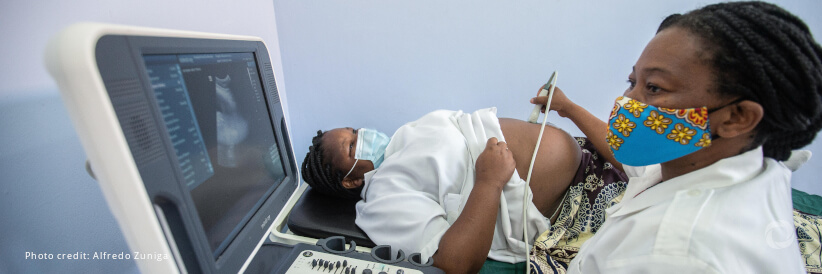In a historic global health milestone, Botswana has been validated as the first high-HIV-burden country in the world, and the first in Africa, to reach the World Health Organization’s Gold Tier status for eliminating mother-to-child transmission of HIV as a public health issue.
This groundbreaking validation reflects more than two decades of committed leadership, innovation, and strategic partnerships to combat one of the world’s most persistent epidemics. It confirms Botswana’s success in maintaining and improving the impact and process indicators required for the path to elimination of vertical transmission.
According to the 2024 UNAIDS Spectrum estimates, Botswana has approximately 360,000 people living with HIV, with 98% of pregnant women living with HIV receiving treatment. As a result, the rate of mother-to-child transmission has dropped to just 1.2%, well below the 5% benchmark, and fewer than 100 infants were born with HIV in 2023.
”This milestone shows what’s possible with political will, strong health systems, and equity-driven action, ” said Dr Chikwe Ihekweazu, WHO Regional Office for Africa (a.i).
Botswana’s Gold Tier validation is the result of a rigorous assessment by the Regional and Global Validation Committees, which confirmed sustained and strengthened programmatic and epidemiological indicators since the country’s Silver Tier recognition in 2021. This progress aligns with WHO AFRO’s Regional Triple Elimination Initiative, which aims to halt vertical transmission of HIV, syphilis, and hepatitis B through integrated, person-centered approaches.
The validation process, led by WHO, in close collaboration with UNICEF, UNAIDS, and, assesses national progress against standardized criteria. To date, 19 countries globally have been certified for eliminating mother-to-child transmission of HIV and/or syphilis. However, Botswana is the first with such a high HIV burden to achieve this level, setting a powerful precedent for others on the path to triple elimination.
”This is a major milestone not only for Botswana but for the Region. With 2.6 million new HIV infections in children averted since 2010, the decline in new infections among children in Eastern and Southern Africa is one of the top public health achievements in decades. Botswana demonstrates that an AIDS-free generation is possible, ” said Etleva Kadilli, UNICEF Regional Director for Eastern and Southern Africa.
Over the years, Botswana has introduced pioneering interventions such as the early adoption of Option B+ (lifelong treatment for all pregnant and breastfeeding women with HIV), free antiretroviral therapy for all, including non-citizens since 2019, and decentralization of services through District Health Management Teams.
As a middle-income country, Botswana is facing reduced donor support. In response, the government has developed an HIV Sustainability Roadmap, focusing on increased domestic funding, public-private partnerships, and innovative financing mechanisms to protect the gains made.
Looking ahead, Botswana is working toward Triple Elimination, the integrated elimination of mother-to-child transmission of HIV, syphilis, and hepatitis B. This includes expanded screening and treatment for hepatitis B and syphilis, integration into antenatal care, and increased engagement with affected communities.
As Eastern and Southern Africa continues to carry over half the global HIV burden, Botswana’s achievement proves that ending vertical transmission is not a distant goal, it is within reach.

